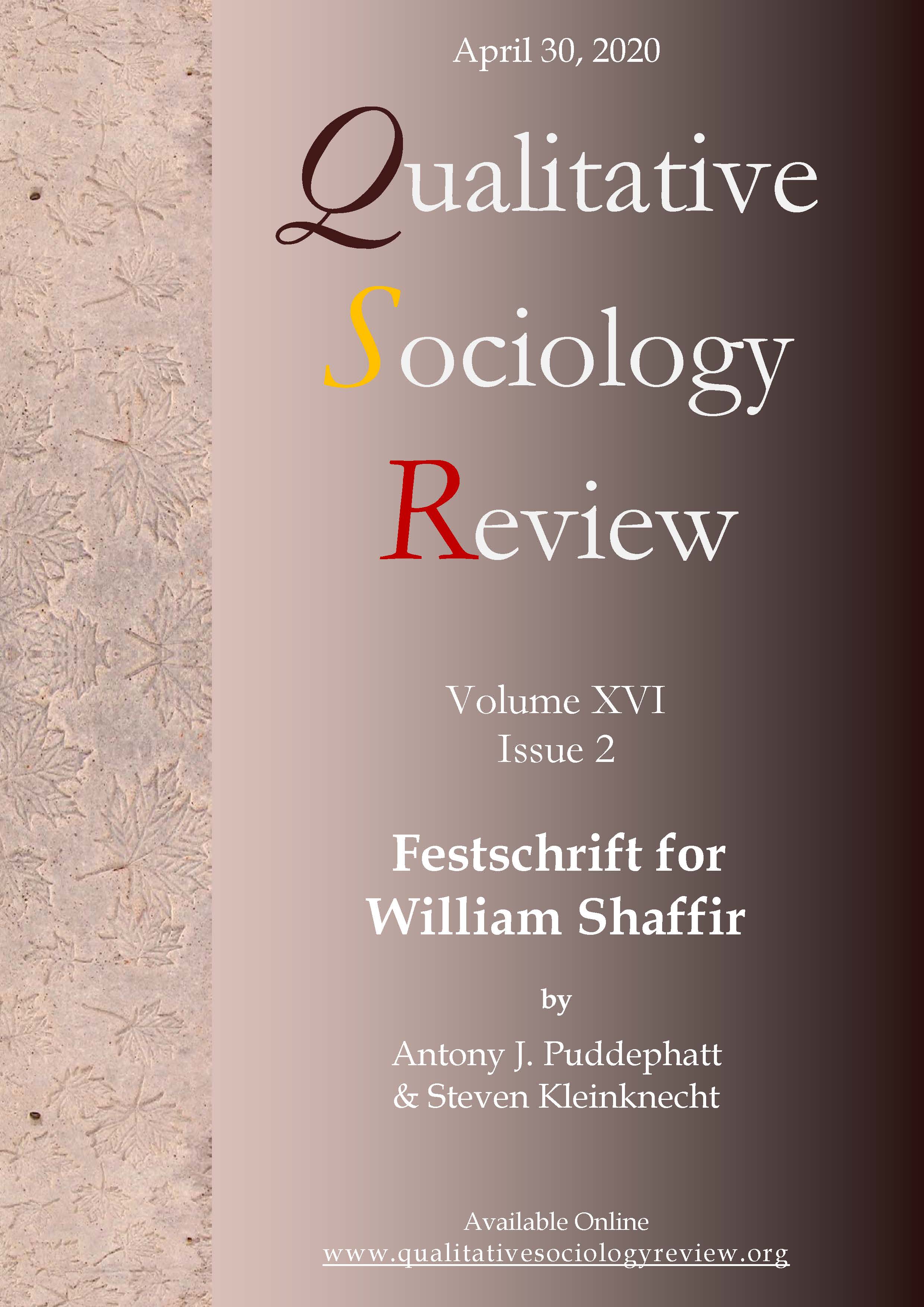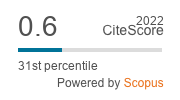The Gift of a Vocation: Learning, Writing, and Teaching Sociology
DOI:
https://doi.org/10.18778/1733-8077.16.2.04Keywords:
Mentoring, Writing, Teaching, Graduate SchoolAbstract
To write a sociological festschrift for a scholar necessarily means looking at a chain of influence instead of one person. In this essay, I honor William Shaffir, Emeritus Professor of Sociology at McMaster University, who taught me as I worked towards the MA. I examine what I learned from him by starting with my undergraduate experiences at McGill University, where Billy (I never heard anyone call him William) received his PhD. We shared influences there, including those who had studied with Howard S. Becker at Northwestern University. I then turn to my time at McMaster, and how Billy strengthened my knowledge of symbolic interactionism and qualitative methods, as well as taught me important lessons about writing. He also reduced graduate students’ anxieties, including mine, through two words: “No problem.” My experiences with Billy provided a model of mentoring that challenged the usual hierarchy between graduate students and professors. Those lessons were reinforced as I pursued a PhD at the University of Minnesota and spent two quarters at Northwestern University as a visiting student. These connecting influences helped me write and teach sociology in a largely quantitative department at the University of North Carolina-Chapel Hill, where I lacked the kind of support I had received as an undergraduate and graduate student. I taught there over 37 years, practicing the kind of sociology and mentoring that Billy generously modeled so many years ago.
Downloads
References
Becker, Howard S. 1970. “The Nature of a Profession.” Pp. 87-103 in Sociological Work: Method and Substance, edited by H. S. Becker. Chicago: Aldine.
Google Scholar
Blumer, Herbert. 1969. Symbolic Interactionism: Perspective and Method. Englewood Cliffs, NJ: Prentice-Hall.
Google Scholar
Chambliss, Daniel. 1989. “The Mundanity of Excellence: An Ethnographic Report on Stratification and Olympic Swimmers.” Sociological Theory 7:70-86.
Google Scholar
DOI: https://doi.org/10.2307/202063
Ferrales, Gabrielle and Gary A. Fine. 2005. “Sociology as a Vocation: Reputations and Group Cultures in Graduate School.” American Sociologist 36:57-75.
Google Scholar
DOI: https://doi.org/10.1007/s12108-005-1005-1
Goffman, Erving. 1961. Asylums: Essays on the Social Situation of Mental Patients and other Inmates. New York: Doubleday.
Google Scholar
Haas, Jack and William Shaffir. 1977. “The Professionalization of Medical Students: Developing Competence and a Cloak of Competence.” Symbolic Interaction 1:71-88.
Google Scholar
DOI: https://doi.org/10.1525/si.1977.1.1.71
Haas, Jack and William Shaffir. 1991. Becoming Doctors: The Adoption of a Cloak of Competence. London: JAI Press.
Google Scholar
Kleinman, Sherryl. 1983. “Collective Matters as Individual Concerns: Student Culture in Graduate School.” Urban Life 12:203-225.
Google Scholar
DOI: https://doi.org/10.1177/0098303983012002005
Kleinman, Sherryl. 1999. “Leaving the Stage.” Salon. Retrieved April 02, 2019 https://www.salon.com/1999/07/06/lecturn/
Google Scholar
Kleinman, Sherryl. 2002. “Always Rinse Twice.” Feminist Studies 28:573-583.
Google Scholar
DOI: https://doi.org/10.2307/3178788
Kleinman, Sherryl. 2006. “A Fine Hen.” Calyx: A Journal of Art and Literature by Women 23:66-70.
Google Scholar
Kleinman, Sherryl and Martha Copp. 2009. “Denying Social Harm: Students’ Resistance to Lessons about Inequality.” Teaching Sociology 37:283-293.
Google Scholar
DOI: https://doi.org/10.1177/0092055X0903700306
Kleinman, Sherryl, Martha Copp, and Kent Sandstrom. 2006. “Making Sexism Visible: Birdcages, Martians, and Pregnant Men.” Teaching Sociology 34:126-142.
Google Scholar
DOI: https://doi.org/10.1177/0092055X0603400203
Mead, George H. 1934. Mind, Self, and Society. Chicago: University of Chicago Press.Miller, Jean Baker. 1987. Toward a New Psychology of Women. Boston: Beacon.
Google Scholar
Puddephatt, Antony J., Benjamin W. Kelly, and Michael Adorjan. 2006. “Unveiling the Cloak of Competence: Cultivating Authenticity in Graduate School.” American Sociologist 37:84-98.
Google Scholar
DOI: https://doi.org/10.1007/s12108-006-1024-6
Weber, Max. 1958. “Science as a Vocation.” Pp. 129-56 in From Max Weber: Essays in Sociology, translated and edited by H. Gerth and C. W. Mills. New York: Oxford University Press
Google Scholar
Downloads
Published
How to Cite
Issue
Section
License

This work is licensed under a Creative Commons Attribution-NonCommercial-NoDerivatives 4.0 International License.











